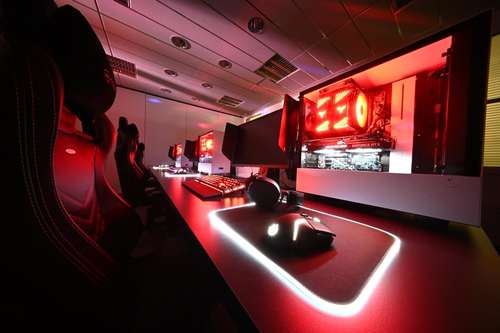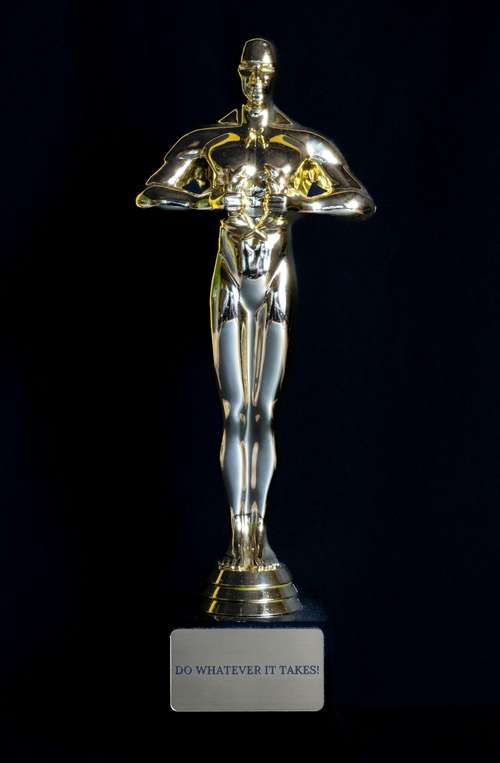Microsoft's Bold New Horizon
Picture this: You're on your couch, PS5 controller in hand, ready to dive into the world of Halo, or perhaps you're in the mood to pilot a virtual Boeing 747 on your Switch 2. Sounds surreal, right? But this might soon become a reality. According to insider Nate the Hate, 'Halo: The Master Chief Collection' and 'Microsoft Flight Simulator' are expected to break free from Xbox exclusivity and land on PS5 and Switch 2. This move is like Microsoft tossing a stone into the calm waters of gaming, causing ripples that could change the industry landscape. But what's driving Microsoft to expand its horizons beyond its own backyard?
Think about it—Microsoft has always been the gatekeeper of its gaming universe, holding onto its treasures like a dragon with its hoard. Letting go of these crown jewels to other platforms is a huge leap. It's like Starbucks suddenly deciding to serve its coffee in McDonald's. So, why the change of heart?
The Strategic Shift
Microsoft's possible decision to share its beloved franchises with Sony and Nintendo is not just a random act of kindness. It's a calculated move, a strategic shift in the gaming battleground. With the rise of cloud gaming and subscription services like Game Pass, Microsoft's focus appears to be tilting towards software and services rather than hardware sales alone.
By making 'Halo: The Master Chief Collection' and 'Microsoft Flight Simulator' available on other consoles, Microsoft could be aiming to attract a wider audience to its ecosystem. It's like the company is setting up a buffet, hoping that once you're hooked on the appetizers, you'll stay for the main course—its suite of services like Windows 365, MS Office 365, and OneDrive.
And let's be honest, Microsoft has been quite the maestro in orchestrating its way into every facet of our digital lives. From MS Office 365 to OneDrive, its presence is ubiquitous. By extending its gaming titles to PS5 and Switch 2, Microsoft is not just expanding its gaming outreach; it's reinforcing its brand's omnipresence.
Impact on the Gaming Landscape
So, what does this mean for the gaming world? Imagine a bustling marketplace where once rival stalls are now sharing goods. This move could potentially blur the lines between console loyalties, making gaming a more inclusive and interconnected experience.
For PS5 and Switch 2 users, this is like winning the lottery. They get to experience iconic games without having to switch consoles. It's a win-win! But how does this affect the dynamics of console wars?
In the past, exclusive titles have been the trump card in the console wars. But with Microsoft opening its vault, we might see a shift in how consoles compete. Could this lead to a more service-oriented competition, focusing on who offers the best gaming experience rather than who has the best games?
And let's not forget about the developers. A wider audience means more feedback and more revenue, potentially leading to more innovative games. It's like turning the gaming arena into a global stage where every gamer gets a front-row seat.
Microsoft's Broader Strategy
Microsoft's decision might be more than just a gaming strategy; it could be a piece of a larger puzzle. With its stronghold in office productivity through MS Office 365 and its integration with Windows 365, Microsoft is positioning itself as a holistic digital ecosystem provider.
By bringing its games to other platforms, Microsoft is not only expanding its reach but also enticing non-Xbox users to its services. It's like offering a free taste test in hopes that you'll buy the whole meal afterward.
Moreover, this strategy aligns with Microsoft's cloud-first, mobile-first mantra. By making its games available on platforms like PS5 and Switch 2, Microsoft is ensuring that its influence extends wherever gamers are, regardless of the device.
The Role of Cloud Gaming
Cloud gaming might just be the silent force driving this change. With the advent of services like Xbox Cloud Gaming (formerly xCloud), the emphasis is shifting from physical consoles to accessible gaming experiences across devices.
Imagine playing 'Halo: The Master Chief Collection' on your PS5, then picking up where you left off on your Switch 2 while on the go. It's a seamless experience that cloud gaming promises, making the physical console less of a necessity and more of a preference.
This aligns perfectly with Microsoft's broader strategy of promoting services like Microsoft365, where the focus is on accessibility and seamless integration across devices.
The Reaction from Gamers
But what about the gamers? How are they reacting to this potential change? The gaming community is buzzing with excitement, mixed with a touch of skepticism.
For many, the idea of playing iconic Microsoft titles on non-Xbox platforms feels like a dream come true. It's like finding out your favorite band is playing a surprise gig in your hometown.
However, some purists worry that this move could dilute the experience of owning an Xbox. After all, exclusivity has been a badge of honor for console owners. Yet, this could be a chance to redefine what it means to be a gamer in a world where boundaries are fading.
Looking Ahead
As we stand at this crossroad, one can't help but wonder what the future holds. Will this be the beginning of a new era where platforms coexist, or will it spark new rivalries?
Regardless of how it unfolds, one thing is clear: Microsoft's move to bring 'Halo: The Master Chief Collection' and 'Microsoft Flight Simulator' to PS5 and Switch 2 is a bold step towards a more interconnected gaming world.
It will be interesting to see how this plays out and what other surprises Microsoft has up its sleeve. After all, in the world of gaming, the only constant is change.




